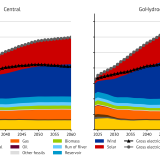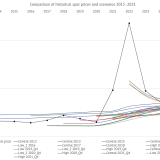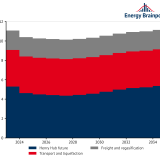The topic of security of energy supply is currently on everyone’s mind. This is why the German and French governments, among others, have published new plans for the modernisation of their power plants in the coming decades. Climate change is also an important issue. The EU Green Deal defines the goal of climate neutrality in Europe by 2050 and focuses primarily on renewable energies.
Continue reading









